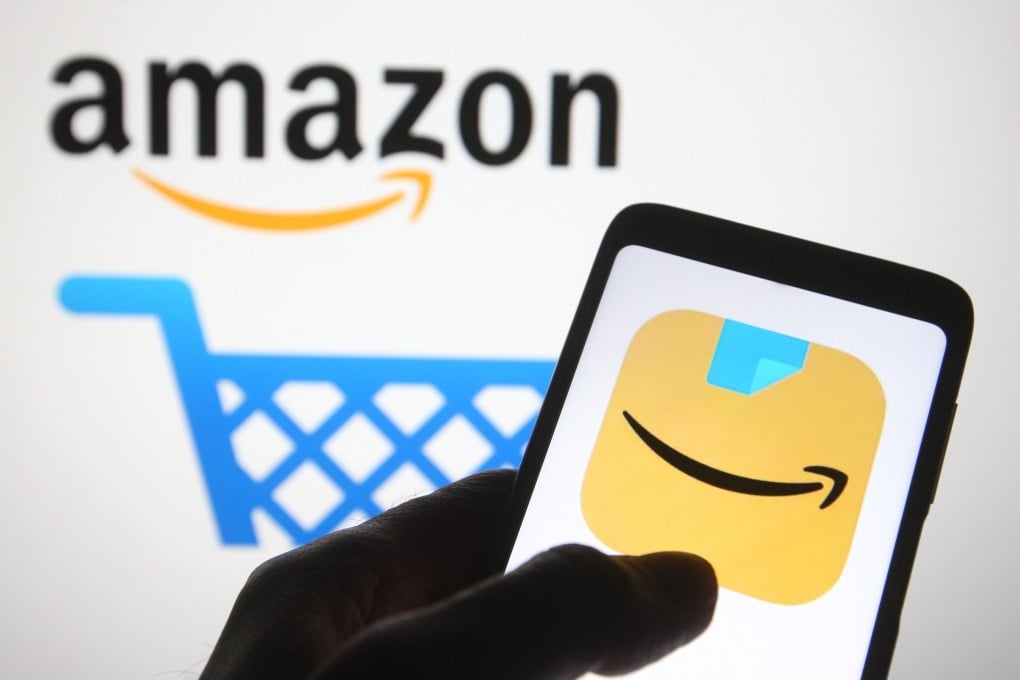Amazon, Cartier slap Chinese social media influencer, 8 others with lawsuits over trademark infringement, false advertising
- A Chinese social media influencer and eight businesses operating on the mainland are accused of advertising, promoting and selling fake Cartier jewellery
- The legal action reflects more signs of trouble for merchants belonging to the ‘made in China, sold on Amazon’ community

One of the goods promoted by that group is a replica of Cartier’s Love bracelet, which was disguised as a non-branded product on Amazon and described as “Women’s Fashion Classic Screw Love Titanium Steel Bracelet”, according to a statement from Amazon on Wednesday. It said the advertised product did not mention Cartier, but contained an image that carefully concealed the screw motif of the French firm’s authentic Love bracelet.
On Instagram, the product was clearly advertised as a counterfeit with images bearing the Cartier name and screw motif, Amazon said. When the generic product was bought from the Amazon site, the counterfeit Love bracelet bearing the Cartier trademarks was shipped to the buyer.

These defendants in Amazon and Cartier’s joint lawsuits could not be reached. The social media and Amazon accounts mentioned in the lawsuits were found to have been deleted as of Wednesday.